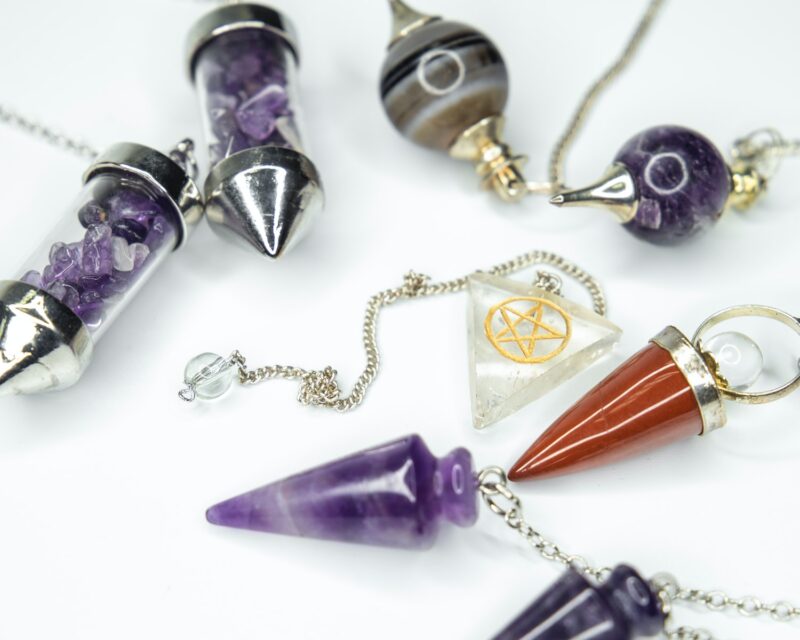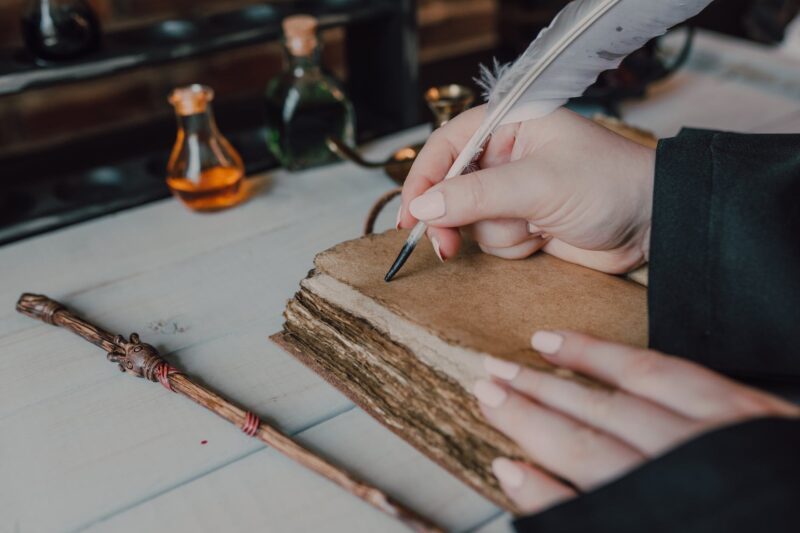You may wish to execute rituals or spells according to your magical requirements at different times of the moon’s phases. While incense isn’t mandatory for an effective ceremony, it surely can assist to set the tone. Decide what shape you want to make your magical moon incense before you begin. Incense can be made from sticks or cones, but the simplest method employs components that are tossed into a fire or burned on top of a charcoal disc. This is a recipe for loose incense, but it can also be used to make incense in sticks or cones.
Why Use Incense in a Full Moon Ritual?
The varieties of plants and resins utilized in many spiritual traditions, not only in modern Pagan ones, are linked to the qualities of the moon. When it comes to correspondence, keep in mind why you’re performing your moon ritual in the first place. Are you trying to establish a connection with a moon deity, in particular? Do you want to become more intuitive? Do you wish to have dreams that are foretelling your future? You may be trying to improve your own intelligence and understanding, after all. It’s no coincidence that the moon is at the center of all of these plans.
Many metaphysical belief systems correlate the moon with feminine pronouns like she and her, such as the herb myrrh, which we’ll be employing in our ritual. Another one of our elements is the moonflower, as its name suggests. Sandalwood will be included as well because of its dual meanings of purification and spiritual connection. Using sandalwood in your magical rituals might help you deepen your ties with the gods of your religion.
Many Neopagan ways use incense as a symbol for the element of air, while others use it to represent the element of fire. One of the earliest documented ceremonial practices is the burning of incense to offer prayers to the gods. Incense has long been used to communicate the intentions of people to the gods and the world, from the Catholic church’s censers to Pagan bonfire ceremonies.
The moon is also linked to water, so you can choose herbs that are related to water instead of air if you wish. Water herbs, such as periwinkle, apple, and lobelia, are lighter and cooler than other types of herbs.
Recipe:
Put your intention into your labor when you’re blending your incense. We’re making incense for the Esbat, a full moon rite, with this recipe. As the seasons change, so should we. This is a good time to enhance our intuition skills and abilities, as well as relish the season’s changing ebb and flow.
You’ll need:
- 2 parts juniper berries
- 2 parts myrrh
- 1 part rose petals
- 1 part sandalwood
- 1 part mugwort
- 1 part moonflower
- 1/2 part marigold
Make a well in the center of your mixing bowl and place all of your ingredients in it. Use a measuring cup and a mortar and pestle to crush any leaves or blooms that need it. Declare your intention as you mix the herbs together. You may use an incantation like this to charge your incense:
Full moon, shining bright,
intuition guiding me this night.
I blend these herbs to light my way,
on a magical path I will stay.
Powerful moon, up above me,
As I will, so it shall be.
Keep your incense fresh by storing it in an airtight container. Be sure to include the date you generated it, as well as the purpose and name of the document. Use it within three months to ensure that it stays charged and is ready to use whenever you need it. During the full moon, burn your incense over a charcoal disc in a fire-resistant bowl or plate in rituals and spellwork.
CITATIONS:
Wigington, Patti. “Full Moon Incense.” Learn Religions, Sep. 10, 2021, learnreligions.com/full-moon-incense-4588962.




